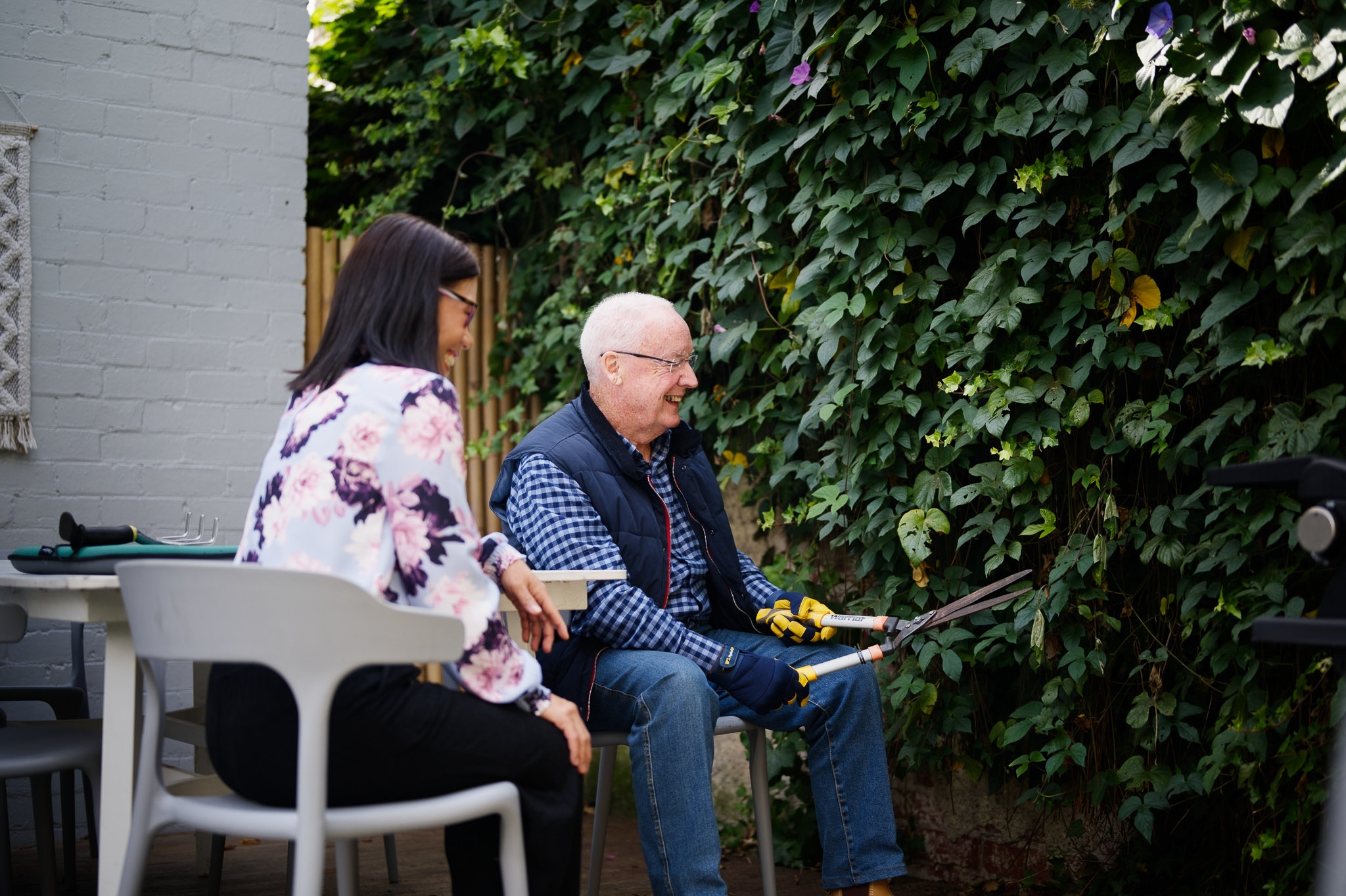
Published: Thursday 21 November 2024
Occupational therapists play a key role in providing aged care services to older people—both in the community and in residential aged care facilities. Occupational therapists work with older people with age-related conditions such as poor balance/coordination, memory loss, confusion, vision loss and hearing loss, which lead to changes in their ability to participate in the meaningful activities of everyday life.
OTA have developed flyers to help older people, their families and carers and those providing aged care services to better understand the role of occupational therapists in aged care. The flyers also provide details of how older people can access occupational therapists with a QR code to the Find an OT portal.
For clinicans working in aged care, visit our Working With Older People Capability Framework.
Related Tags





